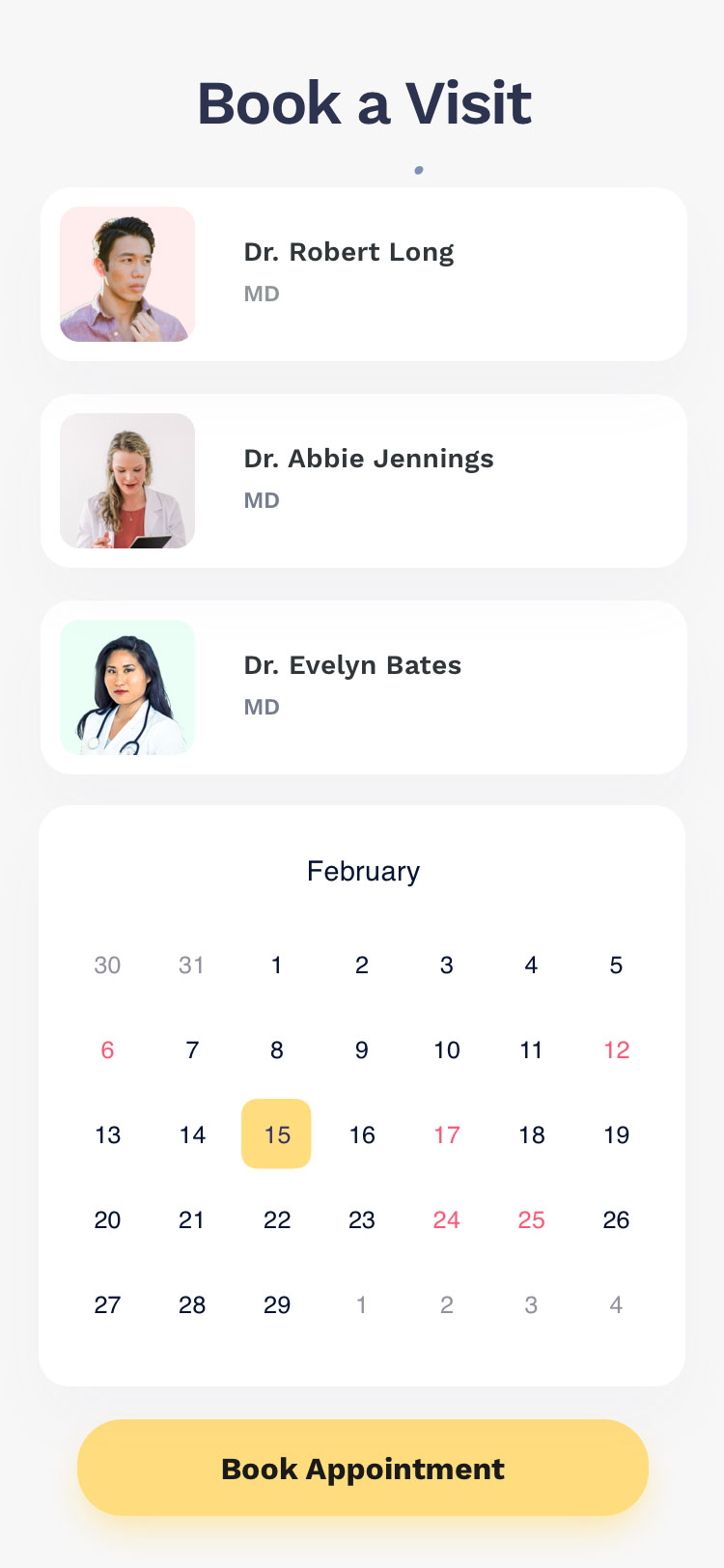Treatments
We provide a range of treatments to help our patients with problems they are going through


Some Things Are Easier From The Couch
You can easily Consult our Doctors through the comfort from your home, No need to visit a distant location when you are feeling down and dont want to leave your comfort zone.

Attention deficit hyperactivity disorder
(ADHD) is a disorder that manifests in childhood with symptoms of hyperactivity, impulsivity, and/or inattention. The symptoms affect academic, cognitive, behavioral, social, and emotional functioning. ADHD is a chronic condition and should be managed in a manner like other chronic conditions of childhood. ADHD is a chronic disease. Studies have found that most people diagnosed with ADHD in childhood continue to be significantly impaired as adults.

Substance Use
Clinical trials and studies have shown that medication for opioid use disorder (MOUD) improves treatment retention, reinforces abstinence, and is associated with a reduction in mortality including deaths by suicide during stable treatment periods.

Anxiety Disorder
Worries and fears are an adaptive and natural part of childhood development and important for good coping and survival. Symptoms meet the criteria for a clinical anxiety disorder when the concerns are unexpected given the child’s developmental level, persistent in the face of support and reassurance, and thus considered excessive, impairment in day-to-day life or causing notable distress.
Anxiety disorders are the most common childhood-onset psychiatric disorders. Anxiety disorders in children and adolescents are associated with educational underachievement and co-occurring psychiatric conditions, as well as functional impairments that can extend into adulthood.
Generalized anxiety disorder (GAD) in adults can cause significant impairments in daily functioning, diminished quality of life, and high health care costs. The disorder can be effectively treated with medication, cognitive-behavioral therapy, or a combination of the two modalities.

Major Depression disorder
Major depressive disorder is diagnosed in patients with a history of at least one major depressive episode and no history of hypomania or mania; in addition, the depressive episode is not caused by medications or concurrent general medical conditions. A major depressive episode is a period lasting at least two weeks, with five or more of the following symptoms: anhedonia, depressed mood, hypersomnia or insomnia, change in weight or appetite, psychomotor agitation or retardation, poor concentration, low energy, thoughts of guilt or worthlessness, and recurrent thoughts about suicide or death; at least one of the symptoms must be anhedonia or depressed mood.
The goal of initial treatment for depression is symptom remission and restoring baseline functioning. Our team will work with you to continue your treatment in the community.
ADHD
Anxiety Disorder
Severe Depression
Substance use
We’re Available!
What People Says About Us.

Contact Us.
Email Us
admission@AMCommunityHealthcare.onmicrosoft.com
Call Us
774-670-3768



